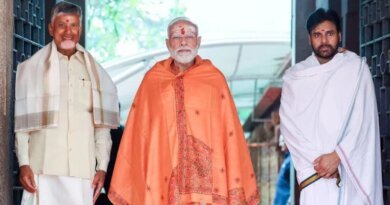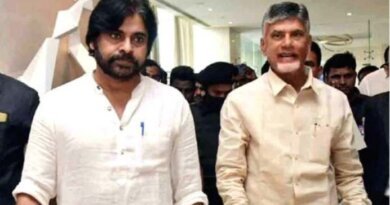Karnataka Halts RSS March Amid Tensions

In a politically charged move, Karnataka authorities have denied permission for a proposed RSS route march in Chittapur, triggering sharp reactions from multiple quarters. The decision, taken on October 19, has intensified tensions between the Congress-led state government and right-wing groups, while Dalit organizations prepare for counter-protests.
The RSS had applied for permission to conduct a march through Chittapur, the home constituency of Minister Priyank Kharge. Local officials, citing law and order concerns, rejected the request. The denial came after Bhim Army and Indian Dalit Panthers also sought permission to hold protests along the same route.
Security forces were deployed across key junctions in Chittapur, and banners installed by RSS were removed by the Town Municipal Council. The tahsildar’s office issued a formal statement, emphasizing the need to maintain peace and prevent any untoward incidents.
The Congress government defended its decision, stating that the move was necessary to avoid clashes and ensure public safety. Minister Priyank Kharge, whose constituency was at the center of the controversy, remained firm on the administration’s stance.
RSS leaders, however, accused the government of suppressing democratic rights. V. Biresh Kumar, a senior RSS functionary, expressed concern over what he called “selective restrictions” and warned against undermining civil liberties.
The BJP, in response, launched a scathing attack on the Congress, accusing it of “killing democracy.” Party spokespersons claimed that the denial was politically motivated and aimed at silencing ideological opponents.
Dalit organizations welcomed the decision, stating that the RSS march could have provoked unrest. They reiterated their demand for caste justice and equal representation, and announced plans for peaceful demonstrations in the coming days.
Political analysts believe the incident could have wider implications for Karnataka’s social harmony and electoral dynamics. The clash of ideologies—between caste-based movements and nationalist groups—is becoming increasingly visible in the state’s political landscape.
Social media platforms are abuzz with debates, with hashtags related to Chittapur trending across Karnataka and beyond. Citizens have expressed mixed reactions, with some supporting the government’s precautionary approach and others questioning the limits of free assembly.
The Karnataka police have issued advisories to maintain calm and avoid provocative actions. Surveillance has been increased in sensitive zones, and community leaders have been asked to cooperate with law enforcement.
As the situation unfolds, both Congress and BJP are expected to escalate their narratives. The RSS is likely to explore legal options, while Dalit groups continue to mobilize support for their cause.
This development adds another layer to Karnataka’s complex political equation, where caste, ideology, and governance intersect in volatile ways. The coming days will reveal whether the state can balance freedom of expression with public order, and whether political maturity can prevail over confrontation.



